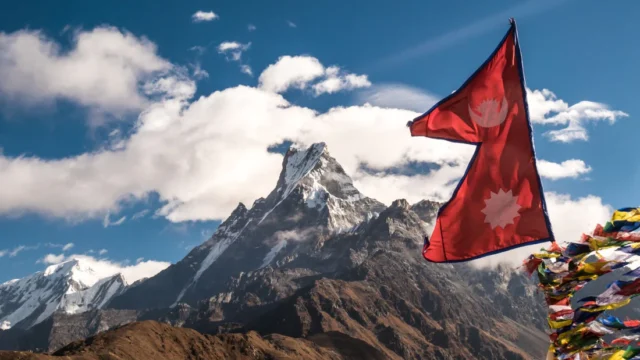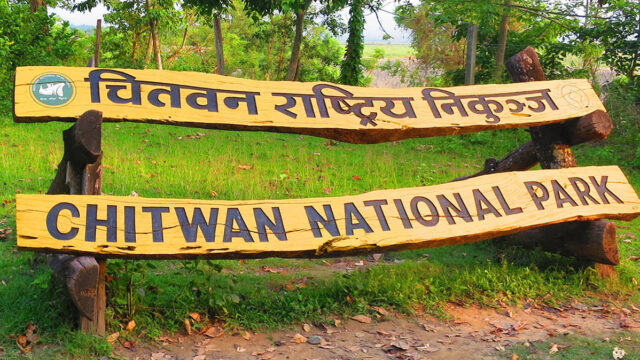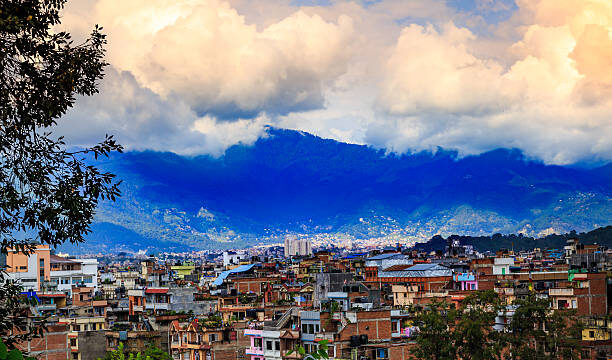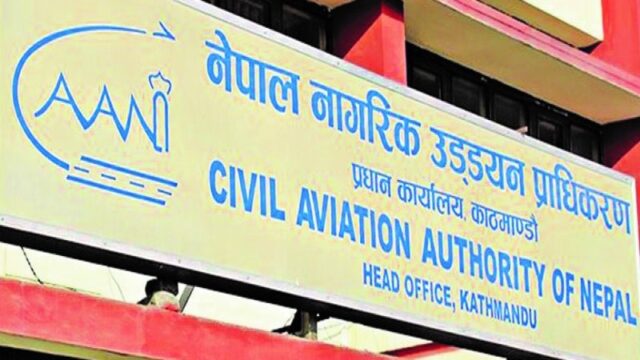A foreign national from Fiji, Dalip Singh, has tragically passed away while en route to the sacred pilgrimage site of Kailash Mansarovar. The incident occurred on June 21 within Chinese territory, according to information released by Deputy Superintendent of Police (DSP) Hem Bahadur Shahi of Nepal Police.
Fijian National Dies En Route to Kailash Mansarovar
Dalip Singh, aged 55, was part of a pilgrimage group headed toward Kailash Mansarovar, a revered spiritual destination for Hindus, Buddhists, Jains, and followers of the Bon religion. Located in Tibet Autonomous Region of China, the Kailash Mansarovar Yatra draws thousands of pilgrims from around the world every year. However, the harsh terrain and high-altitude conditions often pose significant physical challenges to travelers.
Spiritual Pilgrimage with Physical Challenges
The exact cause of Singh’s death remains undetermined, authorities confirmed. “We have not yet identified the reason behind his death,” DSP Shahi stated. “Preliminary information suggests that the death occurred on Chinese soil, and the deceased was transported via helicopter to Kathmandu from Keyrong (Kyirong), a border point between Nepal and China.”
Following the incident, necessary formalities were carried out in coordination with the relevant Chinese and Nepali authorities to ensure the safe repatriation of Singh’s body to Nepal. The transportation of the deceased from Keyrong to Kathmandu was carried out promptly by air, respecting both legal procedures and humanitarian considerations.

International Cooperation and Emergency Protocol
The repatriation of Singh’s body reflects effective cooperation between Nepalese and Chinese authorities. The swift airlift operation from Keyrong to Kathmandu highlights the emergency protocols in place for pilgrims who may fall ill or die during the pilgrimage. Nepal’s role as a transit and support hub for Kailash Mansarovar-bound pilgrims has grown in recent years, and this incident underscores the importance of maintaining strong cross-border medical and administrative coordination.
Officials from the Ministry of Foreign Affairs in Nepal are reportedly in contact with the Fijian Embassy to facilitate necessary formalities and assist the family of the deceased. The embassy is expected to take custody of the body and oversee funeral arrangements, either in Nepal or upon return to Fiji.
While official confirmation on the cause of death is still pending, high-altitude sickness or sudden medical complications are often cited as risks associated with high-elevation treks such as the Kailash Mansarovar Yatra. Many pilgrims face symptoms such as breathlessness, fatigue, and altitude-induced health issues while ascending the rugged Himalayan terrain.
The deceased, Dalip Singh, had reportedly made the journey as part of a spiritual expedition. The Kailash Mansarovar pilgrimage holds deep religious and spiritual meaning for many devotees who believe that completing the journey brings blessings and spiritual purification. Mount Kailash is considered the abode of Lord Shiva, while the nearby Mansarovar Lake is believed to be created by Brahma, making the region a focal point of divinity.
Fijian authorities and Singh’s family have reportedly been informed. The Embassy of Fiji in India or regional diplomatic missions are expected to work with the Nepalese government to coordinate further arrangements, including possible post-mortem procedures and transport of the body back to Fiji.

Tour operators and officials involved in the Kailash Mansarovar pilgrimage have expressed condolences and emphasized the need for health precautions for elderly travelers or those with pre-existing conditions. Many recommend pre-departure medical checks and adequate acclimatization time to ensure safer passage through the high-altitude zones.
As tourism resumes in various parts of Asia post-pandemic, the Kailash Mansarovar Yatra has once again begun attracting international devotees. However, this incident serves as a somber reminder of the risks associated with spiritual tourism in remote and elevated regions.
Authorities have not ruled out a medical cause of death, but further details will likely emerge after autopsy and investigation reports. Meanwhile, Singh’s fellow travelers have safely returned or continued their journey under proper supervision.
This incident has also sparked discussion about the medical preparedness and emergency response mechanisms available during the yatra, particularly in foreign territory. Coordination between Nepalese and Chinese authorities remains critical for ensuring safety along this sacred yet challenging route.






